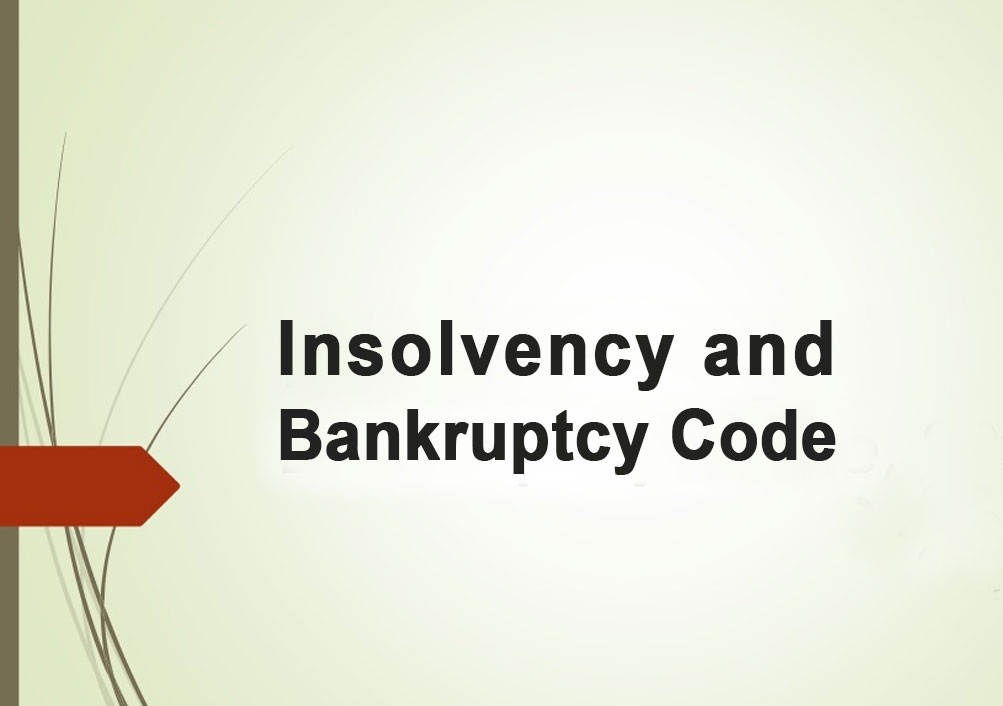In CIVIL APPEAL NO.689 OF 2021-SC- Holder of Recovery Certificate is ‘financial creditor’ under clause (7), Section 5 of IBC and such creditor can initiate CIRP within 3 years from date of issuance of Recovery Certificate: SC Justices L. Nageswara Rao, B.R.Gavai & A.S.Bopanna [30-05-2022]

Read Judgment: KOTAK MAHINDRA BANK LIMITED v. A. BALAKRISHNAN & ANR
Tulip Kanth
New Delhi, May 31, 2022: Observing that the NCLAT had erred in holding that the application under Section 7 of the Insolvency and Bankruptcy Code, 2016 was barred by limitation when the same was filed within a period of three years from the date on which the Recovery Certificate was issued, the Supreme Court has opined that the trigger point for initiation of Corporate Insolvency Resolution Process is default of claim.
The Larger Bench of Justice L. Nageswara Rao, Justice B.R.Gavai , and Justice A.S.Bopanna affirmed, “…we hold that a liability in respect of a claim arising out of a Recovery Certificate would be a “financial debt” within the meaning of clause (8) of Section 5 of the IBC. Consequently, the holder of the Recovery Certificate would be a financial creditor within the meaning of clause (7) of Section 5 of the IBC. As such, the holder of such certificate would be entitled to initiate CIRP, if initiated within a period of three years from the date of issuance of the Recovery Certificate.”
The facts of this matter were such that during the period between the years 1993 – 1994, Ind Bank Housing Limited (IBHL) sanctioned separate credit facilities to certain borrower entities. The second respondent-M/s Prasad Properties and Investments Pvt. Ltd. (Corporate Debtor) stood as the Corporate Guarantor/mortgagor and mortgaged its immovable property. When these borrower entities defaulted in repayment of the dues, IBHL filed three civil suits before the Madras High Court for recovery of the amounts due. Later, the appellant- Kotak Mahindra Bank Ltd. (KMBL) and IBHL entered into a Deed of Assignment. Pursuant to the said deed, KMBL and the borrower entities entered into a compromise. The KMBL further initiated proceedings aggrieved by the continuous default of payment by the Corporate Debtor under Recovery of Debts and Bankruptcy Act, 1993 and separate Recovery Certificates came to be issued against each of the borrower entities and the Corporate Debtor.
On the basis of these Certificates, KMBL, claiming to be a financial creditor, filed an application under Section 7 of IBC seeking initiation of Corporate Insolvency Resolution Process against the Corporate Debtor, claiming an amount of Rs. 835,93,52,369.The said application came to be admitted by the NCLT. The Director of the first respondent filed an appeal against the said order of the NCLT before the NCLAT which came to be allowed and so, this appeal was filed by KMBL before the Apex Court.
The Bench relied upon the judgment of the Top Court in Dena Bank (Now Bank of Baroda) vs. C. Shivakumar Reddy and another wherein it was held that once a claim fructifies into a final judgment and a certificate of recovery is also issued authorizing the creditor to realize its decretal dues,then a fresh right accrues to the creditor to recover the amount of the final judgment or the amount specified in the Recovery Certificate. The Bench also held that there is nothing in Section 19(22A) of the Debt Recovery Act to imply that the Legislature intended to restrict the use of the Recovery Certificate limited for the purpose of winding up proceedings.
Coming to the conclusion that holder of the Recovery Certificate would be a “financial creditor” within the meaning of clause (7) of Section 5 of the IBC and would be entitled to initiate CIRP within a period of three years from the date on which the Recovery Certificate is issued, the Bench quashed the impugned judgment of the NCLAT.
Sign up for our weekly newsletter to stay up to date on our product, events featured blog, special offer and all of the exciting things that take place here at Legitquest.




Add a Comment